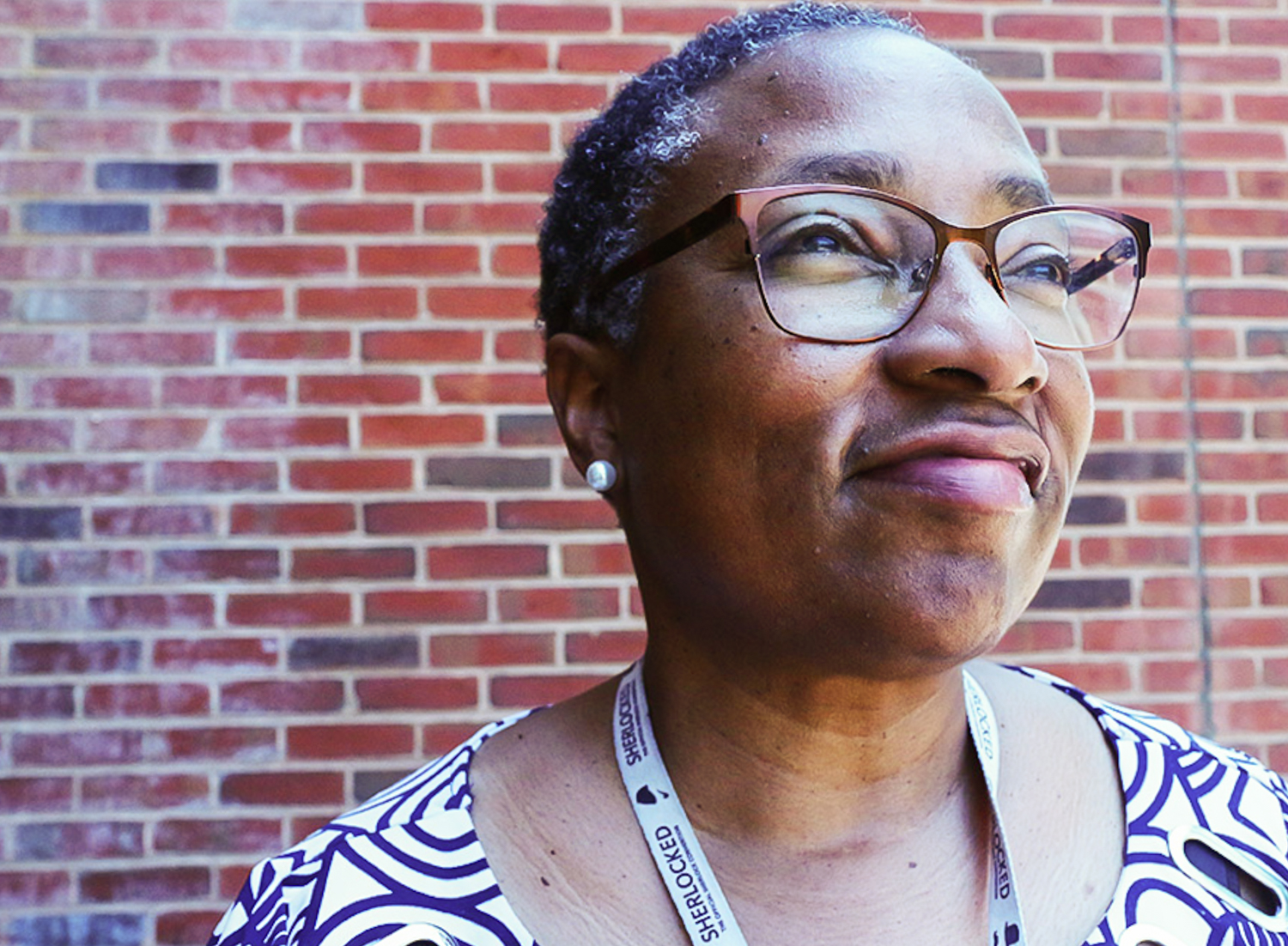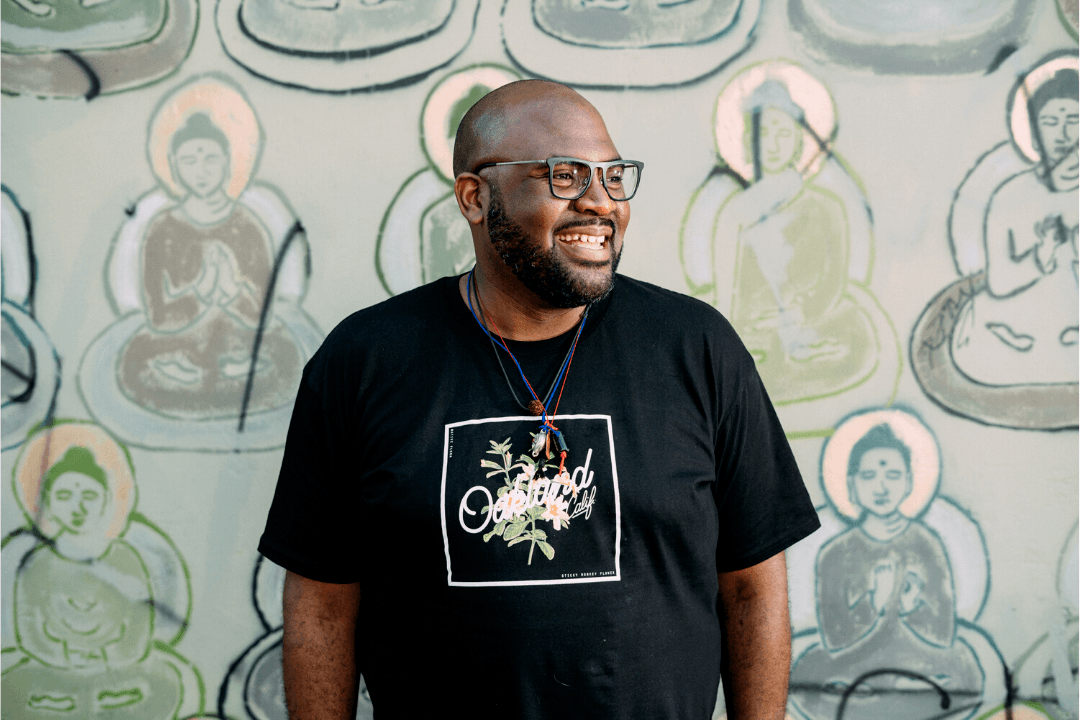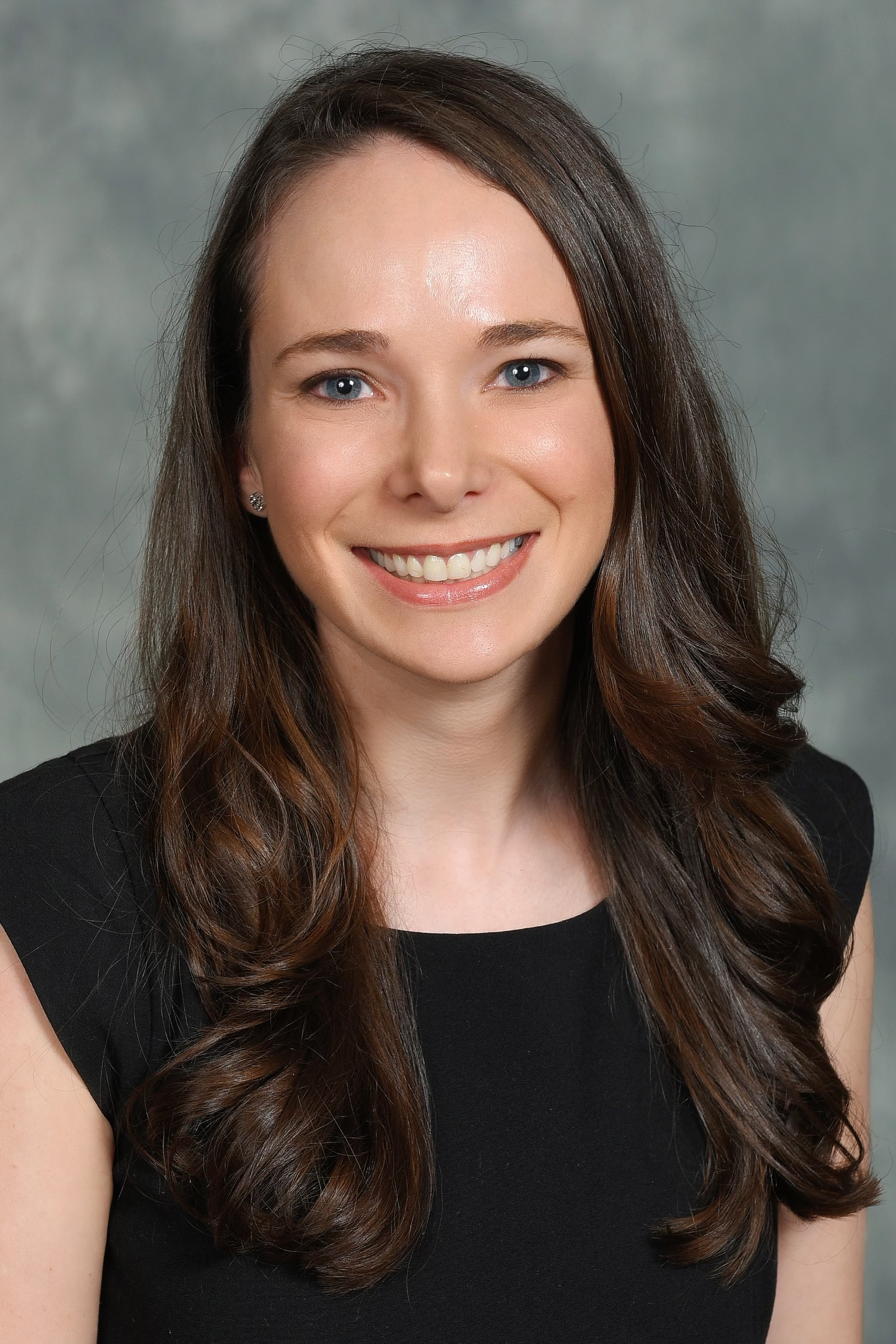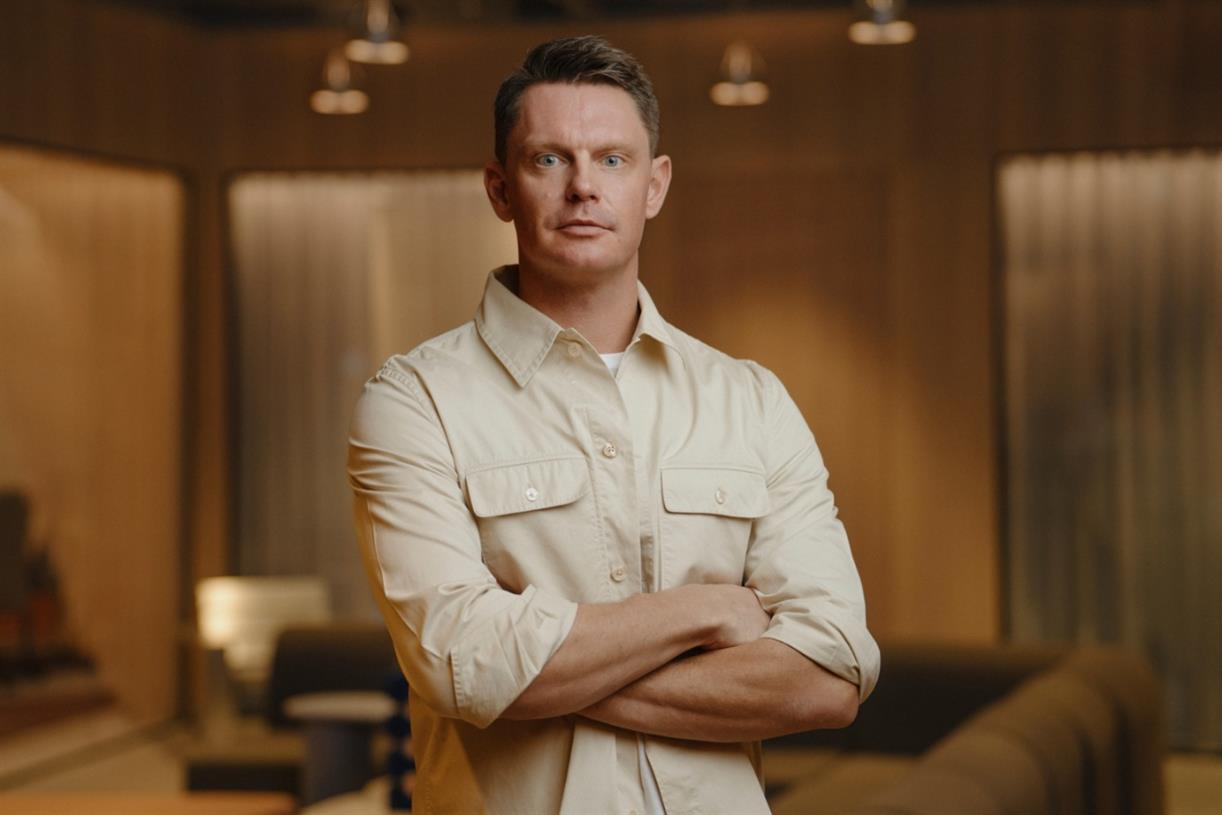Dr. Cathy L. Campbell Wants Learning Spaces Where Spirituality Is Welcome
The associate professor of nursing believes her chaplaincy training will help her help students and faculty in the classroom and beyond The post Dr. Cathy L. Campbell Wants Learning Spaces Where Spirituality Is Welcome appeared first on Tricycle: The...

When Cathy L. Campbell, PhD, RN, now associate professor of nursing and chair of University of Virginia School of Nursing’s department of acute and specialty care, had the opportunity to participate in the Being with Dying program at Upaya Zen Center back in 2013, she didn’t know much about Buddhism and certainly wasn’t thinking about training as a chaplain. “I was a tired, pooped faculty member, just worn out. Upaya is in New Mexico and it’s pretty quiet out there with the stars and the moon and the coyotes. When you spend so many days in silence, things do bubble up. And in that space I learned that I had some healing to do, some broken places. As a Black woman and as a nurse, I’ve had to push so much stuff down and just keep on going, keep on going.”
Cathy brought some pamphlets about Upaya’s chaplaincy program back with her and kept them on her desk for over a year. In 2014, during a sabbatical year, she decided to apply. When she learned that she was accepted, she could feel it was time to jump on in. “It was,” she says, “a struggle and a pilgrimage. To get from Charlottesville to New Mexico three or four times a year while working is quite something. But I did it, and it was a wonderful experience for me.”
Cathy came to academia with a background as a Veterans’ Administration and hospice and palliative care nurse. Her research and clinical interests focus on how end-of-life decision-making impacts vulnerable, rural communities from Appalachia to South Africa and Thailand. She helps nurses serving these communities understand how to care for underserved individuals who are dealing with life-limiting and terminal illnesses. Another of her research interests is how best to support transgender elders as they approach the ends of their lives.
Did you grow up Buddhist? No, I grew up “unchurched,” as we say, although my grandfather founded a Pentecostal church in Florida. But that wasn’t really part of my upbringing.
As an adult, I’d been doing Buddhist meditation on and off for a while, but I discovered a lot more about it when I went to Upaya. It took me a minute to realize that the liturgy and the practice were taking place in three languages—Japanese, Sanskrit, and Pali.
So this was a big learning curve for you, exploring Zen Buddhism as well as the ins and outs of chaplaincy. It was, and the practices and liturgy kind of worked with me. I already had a deep respect for ritual and for contemplative practices, but I hadn’t given them a name. For instance, at the School of Nursing I had introduced a time of reflection before class and when there were tough situations, I’d say, “Let’s pause.” It didn’t occur to me that these moments were “contemplative.”
We walk a dance to integrate these practices into our pedagogy and our classrooms. “Spirituality” is a concept. We tell students, we’re using a concept of human spirit here because we’re talking about nursing as caring for the spirit as well as the body. We take students on retreat as part of their experience, and while we may call it “contemplative,” we don’t link the practices to a specific faith tradition. We say, you’ll be learning techniques to help you be resilient and manage the life you’ve chosen as a student and soon-to-be practicing nurse.
You asked Roshi Joan Halifax for ordination to confirm that you embrace Buddhism as your spiritual path. At Upaya you were ordained as…? First I received Jukai, then, in 2019, I was ordained as a lay chaplain. My mother came out for the ordination.
In the Zen Buddhist chaplaincy program, you get to create your own rakusu, the representation of Buddha’s robes, woo! I was like, how am I gonna take this black fabric and get it to look like that? My sewing guide was in Santa Fe and I was in Charlottesville, home by myself. I understood this as being part of my spiritual formation, but I had to do a lot of things that were new to me. I had to go to the fabric store and say, “Look, I have to do these stitches. Can you help me learn?” At every stitch you’re in contact with yourself, your grumpiness—‘cause I was angry and upset about having to sew this thing! And at the same time I was building community, learning how to do it and to trust myself, and it finally came together. There was a mistake or two, but they said, leave it—that’s just how your rakusu is! Creating my rakusu was a deep spiritual practice for me; it’s become part of who I am.
Do you have a group you sit with? No. I used to sit with a local group, but the pandemic got me out of that. I meditate in the morning, I have my altar, and I’m in touch with my sangha from the chaplaincy program, but I could certainly deepen my practice—we all could! I used to go regularly to Upaya and do sesshin; around this time of year I’d get my classes and stuff in order so I could go sit. Several days sitting in the dark doesn’t sound like fun, but it was really great—I miss it. We’ll see what the future holds.
How are spirituality and nursing connected? Can you give me an example? Well, as a nurse, of course, you’re managing the physical symptoms called “pain,” but pain also has a spiritual aspect. If you can lower their physical pain, a person can think and talk about other things; they have space to have that conversation.
I feel that nursing practice has always had a spiritual side. I’m teaching a course where we present some of the nursing theorists and one of them talks a lot about spirituality and—dare I say it?—love in clinical practice.
In what way do you see yourself serving as a chaplain? I think there’s a place for a chaplain here; my vision is to provide spiritual care in the school of nursing. In collaboration with others, I held drop-in office hours to be able to offer support for students and faculty after the fatal shooting on the grounds in November. In December I’ll start having regular chaplain office hours for students during stressful times.
I plan to talk to colleagues about what kind of space we should look for that isn’t an office. One of the reasons I trained as a chaplain is because I want to be able to make a difference in our teaching and learning spaces—I think it’s important to reimagine them. Any space can be a sacred space; space is important. How it looks, how it feels… There’s a difference between attachment to a space and setting a space, setting an intention.
Classrooms haven’t always been welcoming environments for people.
What tools did you bring back from your training? Tools to look at things differently and also to look at different layers of intervention. If we’re looking at conflict transformation, for example, at Upaya we learned to approach conflict from a systems perspective, to understand that the upset that’s there doesn’t just date from today. I might ask someone, when’s the first time you had a conflict like this and how’d that go? And someone might answer, oh yeah, I wasn’t listened to, I wasn’t heard, and that upset me. Once a person says it out loud we can work with it so that now they can be heard.
Final thoughts? Classrooms haven’t always been welcoming environments for people. Sometimes they’ve been places of hurt, where people have felt less than, not listened to. Nursing education can be so punitive, and our learning spaces have not always been safe for everyone spiritually.
To include care of the human spirit in the School of Nursing is very important. Certainly for our students and learners, and possibly even more so for our faculty, staff, and admin who are supporting them. It’s important to have that presence here so people feel the respect, know that they’re being heard, and that somebody actually cares about them. They’re not made of marble, they’re human beings. With adequate spiritual care and spiritual practices, students feel supported; they aren’t hurting when they come out of the classroom. Even after a tough day, they should know that there’s somebody out there who cares about them.

 Hollif
Hollif 































